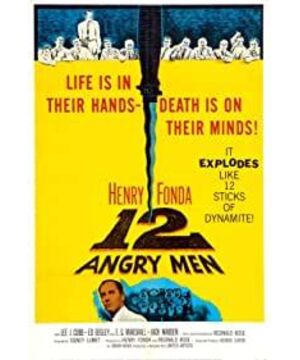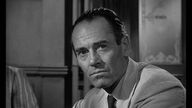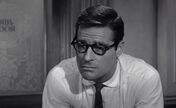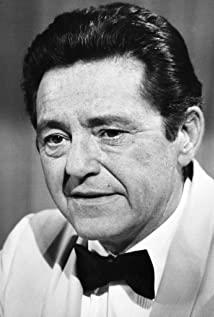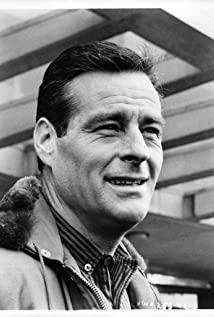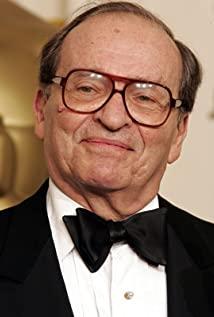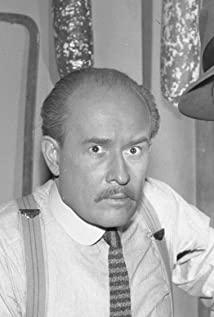As the film opens, only one of the 12 jurors finds the defendant innocent. As the saying goes, the truth is in the hands of a few. After a brief statement, he called for a secret ballot to find an ally who would fight alongside him. This has to remind me of Copernicus and Bruno, two minorities dedicated to the truth. It also reminds me of Yu Boya and Zhong Ziqi, looking for soulmates in high mountains and flowing waters. By the end of the film, the two ask each other's names before parting ways. After being short-lived confidants, they went into different life paths.
Until the end, there was no definitive answer to whether the accused was guilty or not. After arguing for so long, the answer is only that the defendant tends to be innocent, and he has no reason to sit in the electric chair. The jury's income is only three yuan a day. They can fight for a stranger who has nothing to do with them, or they can perfunctory in order to go back to the game early. But what's the difference between staying in the room and discussing it versus going back to the game? "no difference".
Not to mention the intrusive witnesses. The lame old man has been silent all his life, walking dead, and no one has ever asked his opinion. However, in court, his life finally had a brilliant possibility, and he was about to provide key evidence to convict the defendant of the death penalty. Maybe he didn't mean to lie, he had already set himself up as an important witness in his heart - a dazzling role in the courtroom, so he played this role very well. What a cruel irony.
Towards the end, it was 11 to 1. It's back to where it was at the beginning, only the other way around. "Not guilty" against "guilty" is 11 to 1. Truly a challenge to the saying "truth is in the hands of a few". However, the father, who mistakenly thought he had grasped the truth (I don't know his name, called him "father", which is probably the most appropriate), finally cried like a child, saying: "He is not guilty, he is not guilty." The accused innocent, and neither was his son. The foreshadowing that was planted early reached its climax here. This father has never enjoyed being a father or a son. When he was a son, he was often beaten by his father. Now that he is a father, he finds that children always break the hearts of their parents. In this murder case, he regarded himself as the deceased and his son, who had been away from home for 2 years, as the defendant. His son is guilty, his son is unfilial - thought the father. That's why he became the opinion leader in the "guilty party". But he was finally persuaded, not by inference, but by emotion, which led him to see his heart. In his heart, no matter whether the son is rebellious or leaves home, the relationship between father and son will always be pulled by a force majeure. So after tearing up his son's photo, he burst into tears. He finally understood.
Every moviegoer is the 13th angry man, thinking and reasoning with the jury, angry and moved together. It's like seeing the whole world from a small kaleidoscope window.
View more about 12 Angry Men reviews


